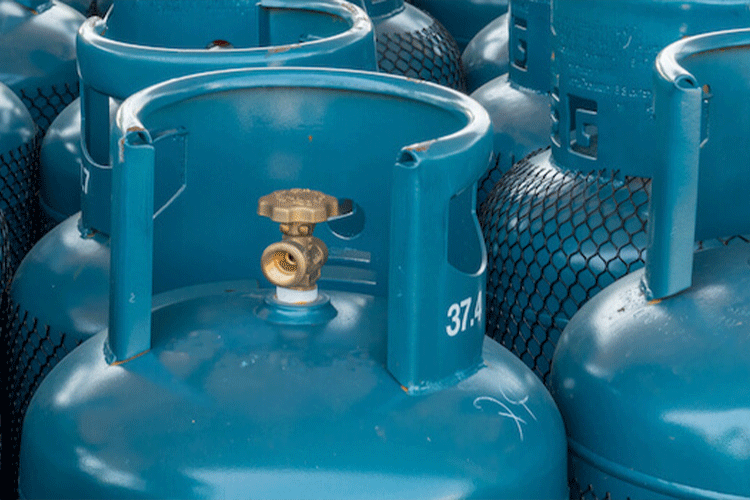
- By Extra Gas
- In Safety Services
The Difference Between LPG and Natural Gas: Which One Is Right for You
Choosing the right type of gas for your home or business is more than just a technical decision—it impacts your safety, efficiency, and monthly expenses. The two most common types of gas used are LPG (Liquefied Petroleum Gas) and Natural Gas (NG). While both are excellent fuel sources, they each have unique benefits and applications.
LPG is a mixture of propane and butane gases, stored under pressure in liquid form. It’s commonly used in homes for cooking, heating, and water heaters, and in industries for forklifts, generators, and remote operations. Since LPG is stored in portable cylinders or tanks, it’s ideal for areas where piped natural gas isn’t available.
Natural Gas, on the other hand, is mostly composed of methane and is delivered through an underground pipeline system. It’s widely used in urban areas and commercial buildings for central heating, industrial processes, and large-scale energy needs. Because it’s supplied on-demand via the grid, it never runs out—making it highly convenient.
“In terms of availability, LPG is more versatile. You can use it virtually anywhere since it doesn’t require a connection to a central supply. Natural gas, however, is limited to locations where municipal pipeline networks exist, which can restrict rural or mobile use.”
.When comparing cost, natural gas is often cheaper in the long term for high-volume users due to stable pricing and no need for frequent refills. However, LPG systems tend to have lower setup costs and don’t require monthly service fees or grid connection charges, which makes them a better fit for smaller households or off-grid areas.
Energy efficiency is another factor to consider. LPG burns hotter than natural gas, which means you may need less fuel to achieve the same level of performance—especially useful for heating and cooking. That said, natural gas provides a continuous flow of energy, which is excellent for high-demand commercial use.
Safety is always a top priority. Both LPG and natural gas are safe when properly installed and maintained. LPG is heavier than air and will settle in low spaces if leaked, making proper ventilation crucial. Natural gas is lighter than air, so leaks disperse more quickly but still require immediate attention.
Environmental impact is also worth noting. Natural gas burns cleaner, with slightly lower CO₂ emissions compared to LPG. However, both fuels are considered relatively eco-friendly compared to coal or oil-based alternatives, and modern gas systems are designed to minimize environmental harm.
So, which one is right for you? If you’re located in a city with access to a gas grid and need a constant supply, natural gas is likely your best bet. But if you’re in a remote area, need portability, or want more control over usage and delivery, LPG is the more flexible and reliable choice.
At [Your Company Name], we supply and install both LPG and natural gas systems, and our experienced team can help you choose the best option based on your needs, location, and budget. Get in touch with us today to schedule a free consultation or learn more about our installation and delivery services.


